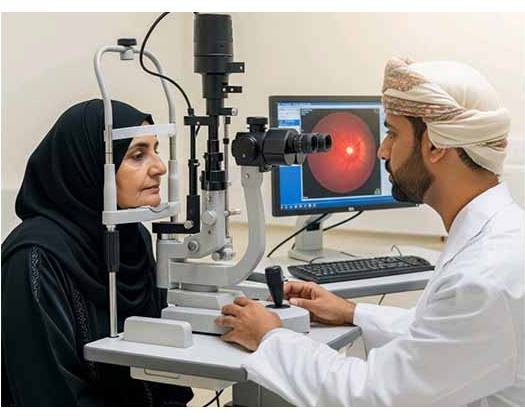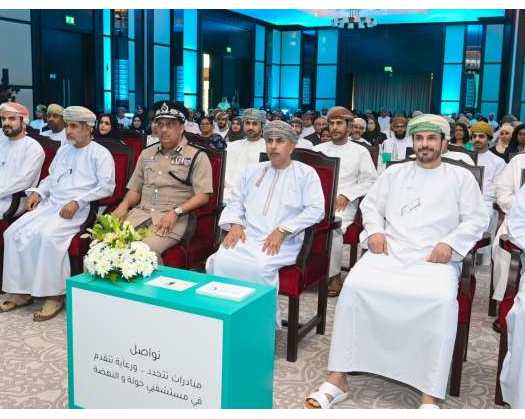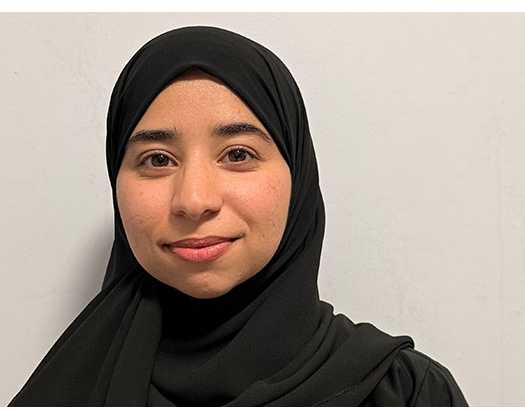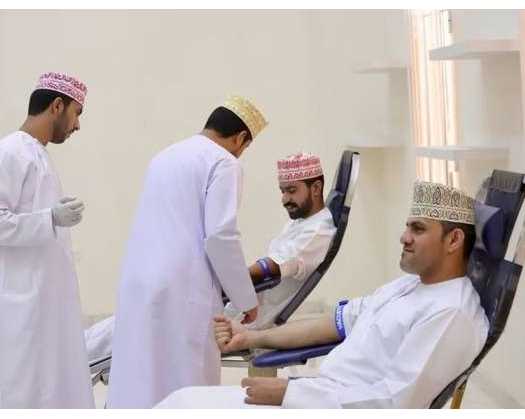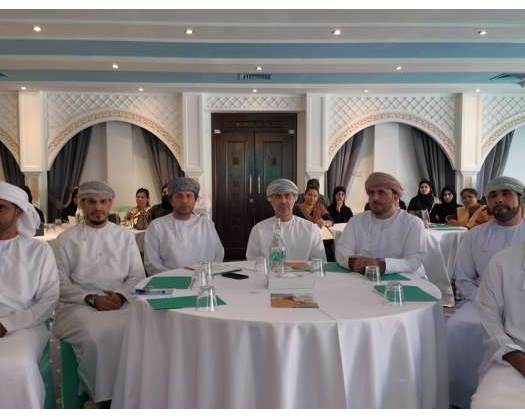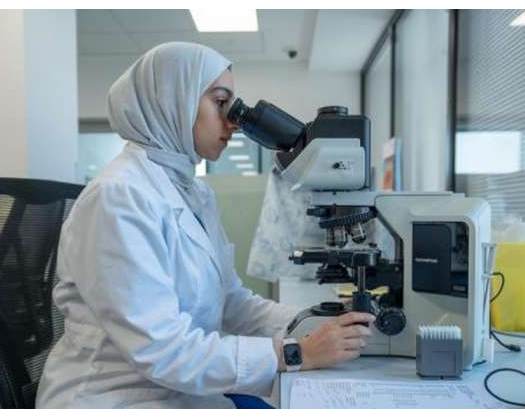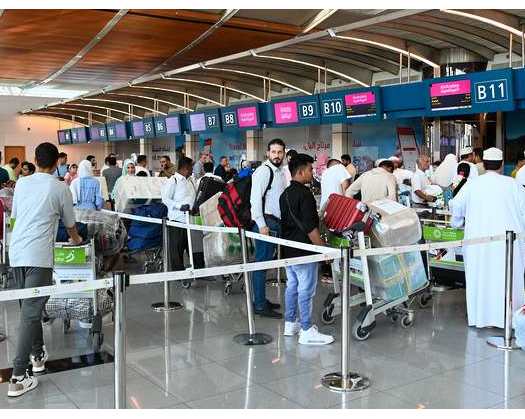Muscat: The National Programme for Early Detection of Diabetic Retinopathy using artificial intelligence (AI) technologies has successfully screened over 10,000 qualified individuals. This accomplishment demonstrates the program's quick adoption and its contribution to reducing retinopathy problems and safeguarding diabetic individuals from the risk of vision loss.
The AI-powered national screening program has grown to include 25 health centers across all Sultanate of Oman governorates. This development is part of national attempts to improve ophthalmology services, use contemporary technology, and apply AI to assist early diagnosis and provide timely access to screening and treatment.
Dr. Majid Salim Al Shaibani, Retina and Intraocular Inflammation Consultant at Al Nahdha Hospital and Operational Director of the National Diabetic Retinopathy Screening Program, told the Oman News Agency (ONA): "Since the program's national launch, we have screened over 10,000 people in less than six months, identifying several retinopathy cases at early stages before obvious symptoms emerged.
He stated that early data suggests a discovery rate of more than 30% of screened cases—a degree of efficacy that was previously impossible without the use of AI technology.
Dr. Al Shaibani noted that diabetic retinopathy is a silent illness in its early stages, frequently detected only after significant difficulties develop. Early diagnosis allows for immediate treatment, such as careful monitoring, laser therapy, or intraocular injections, which reduces the chances of advancement to later stages that might result in irreversible blindness. This corresponds with global guidelines for preventing diabetes-related blindness.
Regarding referral processes, he indicated that the programme is digitally connected to the national health records system (Shifa), enabling detected patients who require further evaluation or treatment to be referred directly to specialist eye clinics in reference hospitals. Priority is assigned based on severity to ensure that urgent cases receive timely care.
He emphasized that the program uses globally approved AI systems for retinal picture analysis, which are capable of detecting various stages of diabetic retinopathy. These sophisticated deep learning algorithms produce findings within seconds of image capture. The artificial intelligence models were trained using hundreds of thousands of high-quality global photographs and tested across a variety of populations, with local validation done at Oman's dedicated reading center to verify clinical correctness.
Dr. Al Shaibani mentioned intentions to build a localized AI database including demographic and epidemiological information in order to increase diagnostic accuracy. The program also coordinates regular diabetes checkups, combining retinopathy screening with other necessary testing (e. g. , diabetic foot exams, kidney function, and blood pressure) into a single visit for patient convenience.
He emphasized the importance of awareness programs for diabetic individuals utilizing clinic workers, electronic reminders, social media, and educational materials to emphasize the dangers of delayed screening. Parallel community outreach activities aim to increase engagement and promote presymptomatic testing.
Oman is the third country in the world to launch such an AIdriven initiative, demonstrating its commitment to adopting cutting-edge technology to improve diagnostic accuracy, cost efficiency, and prompt intervention. The programme covers all Type 1 and Type 2 diabetes patients and plays an important role in preventing vision loss through early identification.

